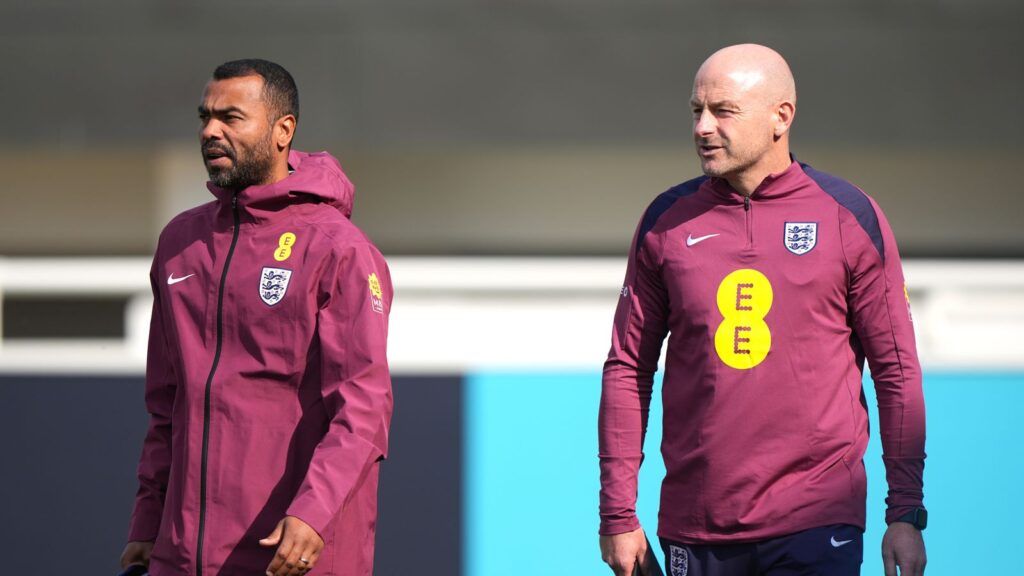The Football Association wants 30 per cent of the England men’s coaching staff to be from ethnically diverse backgrounds by 2028.
The governing body was told earlier this year it needed to “work a lot harder” to create a diverse pool of candidates for the England head coach position by the Black Footballers Partnership. The BFP cited the lack of realistic homegrown options from diverse backgrounds to replace Gareth Southgate when he resigned in the summer.
BFP data published last year found 43 per cent of Premier League players were black, but that has not translated into coaching positions.
The FA has set itself a ‘stretch target’ of 30 per cent of the England men’s coaching staff – covering the senior team down to the under-17s – to be of a Black, Asian, mixed or other ethnic backgrounds.
The minimum target it has set itself is 25 per cent, compared to the current 19 per cent.
The FA is also looking to increase ethnic diversity within the Lionesses coaching staff down to the U17s, and has set a stretch target of 15 per cent compared to the current four per cent.
It also wants 60 per cent of the women’s team coaching staff to be female by 2028.
The figures are included in the FA’s new four-year equality, diversity and inclusion strategy document, titled ‘A Game Free From Discrimination’, which was published on Tuesday.
The strategy sets out how the FA intends to improve the diversity of participants and officials at all levels of English football, drive inclusion by ensuring everyone feels welcome, and tackle discrimination by improving education and making it easier to challenge and report.
At the start of the season the FA introduced a rule making the reporting of workforce diversity data mandatory for all professional clubs in the English leagues.
The rule came into effect at the start of this season and clubs will need to provide their first reports next summer, and then every two years after that.
FA chief executive Mark Bullingham said: “Tackling discrimination is one of our core ambitions so we will continue to unite the game to confront this societal issue.
“Through our new strategy, we will work with our partners across football to boost representation, drive inclusion and tackle discrimination at all levels of our game.
“We have seen how the power of football can bring communities together and celebrate diversity, and we want to continue to use our influence to deliver positive and lasting change that we can all be proud of.”




